Kate Bowler: A quick heads up before we have a wonderful conversation with my very new best friend, John Green. So, two big things are happening. My TEDTalk releases and the book about all my feelings, Everything Happens for a Reason and Other Lies I’ve Loved, releases in paperback. You can grab the links off my website, katebowler.com, or find me online @KateCBowler. And of course, you’re listening to Everything Happens with me, Kate Bowler.
John Green: At the time I first realized I might be fictional, my weekdays were spent at a publicly funded institution on the north side of Indianapolis called White River High School where I was required to eat lunch at a particular time, between 12:37 PM and 1:14 PM, by forces so much larger than myself that I couldn’t even begin to identify them. If those forces had given me a different lunch period or if the table mates who helped author my fate had chosen a different topic of conversation that September day, I would’ve met a different end, or at least have different middle, but I was beginning to learn that your life is a story told about you, not one that you tell.
Of course, you pretend to be the author. You have to. You think, “I now choose to go to lunch,” when that monotone beep rings from on high at 12:37, but really the bell decides. You think you’re the painter, but you’re the canvas.
KB: That book is the reason I cried through my vacation. Thanks so much.
JG: You’re welcome.
KB: What an unbelievable look inside the mind of someone with a mental illness. Do you mind if I talk about you in the third person for a minute?
JG: No, please do. It’s my favorite.
KB: So this is John Green. John is the author of bestsellers and blockbusters like The Fault in Our Stars, Looking for Alaska, and Paper Towns. John and his brother Hank created The Vlog Brothers on YouTube and an educational series I totally nerd out over called Crash Course.
And this is an extra special episode because it coincides with our very first Everything Happens Book Club pick. So together we’re reading John’s new book, Turtles All the Way Down, and I’d love for you to read along. So visit katebowler.com for discussion questions and ways you can get connected. Okay. Hey.
JG: Hi.
KB: Thanks for letting us tape at your place.
JG: Oh yeah, thanks for coming to Indianapolis.
KB: I like it. When I read your books, I’m reminded of when I was 13 and I started reading holocaust books for like three years and I’m positive that it freaked my parents out. But there’s something about that genre that makes it the place I think to ask hard questions, so I just wondered, what draws you into writing for teenagers?
JG: I think that’s exactly it because it’s a place to ask hard questions. When kids are between the ages of 13 and 17 they’re starting to ask the big questions independent from their parents for the first time, and I like writing about those kinds of kids, but I also like writing for those kinds of kids because it’s a real privilege to have a seat at the table in those conversations and I love that young people look at those questions, and I try write this way too, they look at those questions without any irony or without any embarrassment.
We get older and we start to think that question’s around meaning are kind of lame somehow or we need to couch them behind lots of irony because otherwise we’re not going to be seen as like sophisticated enough, and I remember being in high school and talking about the meaning of life and whether meaning in life was constructed by us are derived from some higher source and not knowing how embarrassing and cringey it was. I’m always trying to get back to that place.
KB: Yeah. That makes sense to me. At some point we take on these other layers that make us feel like we’re not supposed to just ask questions like, “Who am I… and how do I know?”
JG: Yeah. “What happens when I die?”
KB: Yeah, yeah.
JG: Yeah. You start to feel like asking those questions is, I don’t know, like there’s no time for those questions. There’s a mortgage to pay. Got to get the kids to soccer.
KB: Yeah. I think too, at least for me, that was … I think only when I got sick I realized maybe some of the burdens of hyper specialization, that like the more I had gotten into my field, the more I got away from being able to feel comfortable asking bigger questions. Like, “Why does this awful thing makes me feel lonely?” And you know, “How do I ask for help when I’m maybe too sophisticated for that?”
JG: Right. Or yeah, it feels like that should be beyond you.
KB: Yeah. Your stuff gets to the like “don’t be above it” part of our, I think, our reading selves and our sort of meaning seeking selves and I like that.
JG: Thank you.
KB: When I first got to know your work, it was through The Fault In Our Stars and you have this amazing main character Hazel who has cancer. When I read it I felt like you knew a lot about what it was like to feel fragile and I wondered what experiences you drew on to write Hazel.
JG: Yeah, I didn’t, and of course don’t, know what it’s like to have cancer and I don’t know what it’s like to be dying or to be told that you’re dying, but I do know what it’s like to live with precarity; a word that you introduced me to that I haven’t stopped using since you introduced it to me.
KB: It’s the best word.
JG: Yeah, and it was actually helpful for me in thinking about writing The Fault In Our Stars because I have had experiences with precarity, mostly because of my mental health problems that have at times taken me to dangerous places or taken me to places when I wasn’t safe. I think I drew some on that. I think I do some on my experiences as a student chaplain at a children’s hospital during the time when I thought maybe I was going to become a minister. I also drew a lot on my friendship with Esther Earl, a young woman who died of cancer when she was 16. In the last couple of years of her life she and I were very close and I was definitely thinking a lot about Esther when I was writing.
KB: Yeah. There’s a willingness you seem to have that’s like a certain… sorry for like complimenting you. I know it makes some people feel very uncomfortable.
JG: No, I’m good with it.
KB: But it’s like, it’s gutsy, right? To get to the bigger questions of how we decide who we are and whether it matters. Your book Turtles I thought, especially with the main character Aza, I really appreciated the way that the question of “Who am I”, I mean, you sort of unpack it in a much more layered way. Can you tell me a bit about how she struggles with identity and how you framed it?
JG: Yeah. Aza probably has obsessive compulsive disorder. It’s never actually stated in the book, but I have obsessive compulsive disorder and definitely put a lot of myself into Aza. There’s no getting around that. She’s a young woman who’s really trying to have as normal a life as possible while also kind of trying to solve this mystery, but unlike the typical obsessive detective who’s really, really good at solving mysteries. We have a lot of those images in our culture. Sherlock Holmes is the most famous example. People always think that there’s some super power associated with chronic illness, especially I think with obsessive compulsive disorder.
I do think that it’s important to humanize people with mental illnesses, but man, it is such a bummer to me that people expect me to have some kind of like super ability to perceive things in the world. Like when I’m really sick, I can’t even perceive anything outside of myself. Like people can talk to me and I don’t hear really what they’re saying. I can’t read the menu, let alone like figure out what kind of cat you have from looking at the hair on your shirt or whatever.
KB: That’s like with having an incurable illness, people assumed that I knew what heaven was going to be like.
JG: Right. Yeah. Or that you’re super wise.
KB: Yeah. Yeah. I have all kinds of perspective just cause I sit in hospitals a lot.
JG: Yeah, but you weren’t wise until you got sick.
KB: Sure. It was the magic thing. Oh, thank God.
JG: Right. Like that day.
KB: Oh, man.
JG: Whew. You just saw through all the things.
KB: I love that in the book you set a lot of groundwork for people like me who are not often able to choose what determines us. Your work is so illustrative of how very limited the category of agency is when we talk about mental illness in particular.
JG: Yeah. Yeah. I mean, it’s true and I think it’s important to say that the vast majority of mental illness is treatable, and that people live full and rich lives while also having chronic mental health problems, and I am evidence of that. I’ve had serious mental health problems for most of my adult life. I also have a really good life, and I think that story is common among people with chronic mental health problems. That said, a lot of the times when I’m really sick, people will say to me, and I know you hear this kind of stuff all the time, like sometimes they’ll say, “Just snap out of it,” which, yeah… Can I?
KB: Which button?
JG: Will snapping work? Or sometimes they’ll say things like, “Well, you just need to take care of yourself. You need to exercise, you need to take your medication, you need to have a positive outlook and if you have a positive outlook and like believe that this will get better, it will get better.” And, one, the research does not really back that up. Like, I’m sorry, but it just doesn’t, and it would be lovely if it did. And I do think that like having a positive outlook in life can make parts of your life better, but it doesn’t cure obsessive compulsive disorder. Like, it just doesn’t. And like if my medicine we’re working, then I wouldn’t have the problem. If exercise we’re working I wouldn’t have the problem.
And so yeah, there are senses in which your agency is limited. It isn’t nil but it’s limited.
KB: It’s like a sliding scale is kind of how I picture it. I mean, I was just thinking about moments of my own struggle with how much control I have over my circumstances, but like right when I was first diagnosed, I was in full on agency mode. Like “I am going to discover the diet that works and I am going to take the harshest regimen of drugs”, and because of that like tolerating it, it’s also part of my agency.
But then the moment where you’re going into surgery and then they put the mask over your face and all they say is, “Well just breathe,” and like in that moment you realize, “Oh, something is about to be done to me, and the most important thing, which is whatever this doctor is going to do, I have absolutely no control over.” All those sort of metaphors of like fighting and you know, victory, et cetera, it gets really exhausting just wherever you are on that sort of sliding scale of agency.
JG: Yeah. And I also think people a lot of times don’t know how to talk to others except in that language of fighting and except in that language of positivity. It can be really difficult to figure out how to be with people where they are. Like, we have this intense urge to make people feel better, which comes from a good place, but a lot of times the things that we say to try to make people feel better just make them feel sidelined, make them feel completely unheard.
When I was a chaplain, I remember my chaplaincy supervisor would always say, “Don’t just do something. Stand there.” I like that.
KB: That is so awesome.
JG: Yeah. She was great. She correctly surmised that I was a bad chaplain, but she was a very, very good chaplaincy supervisor.
KB: I noticed how many characters in the book, they can’t really help. Like, they can only watch her suffer. Then her mom says, “Well, there’s no need to suffer,” to which Aza says that that was a fundamental misunderstanding of the human predicament. That reminded me of my favorite movie, The Princess Bride, where Wesley says, “Life is pain, Highness. Anyone who says differently is selling something.” Do you think that’s true? I think it’s a wonderful place to begin as an account of reality.
JG: Yeah. Yeah. But it’s not the ending of reality. Right, like, I agree…
KB: It’s the right start though.
JG: Right. If like aliens came down from the sky I think one of the first things that we would say is, “Okay, so suffering is inevitable.”
KB: It’s kind of terrible here…but also great.
JG: Yeah. Yeah. There are parts of life that, like, there is no escape from … I mean, I don’t want to say there’s no escape from the cycle of suffering, because maybe for some people there is. For me-
KB: Like, lucky people? Are we talking about lucky people?
JG: I was thinking about like Buddhists who found a way through. You know, who’ve really embraced non-attachment, but I’m not there and I don’t really see myself getting there. So for me-
KB: In the meantime.
JG: Yeah. I think that suffering is a part of the human experience, or at least that it’s going to be part of my human experience. There is an urge to make that suffering go away, especially with the people we love and feel a caregiving responsibility toward, like children. When I see my kids suffer it wrenches me and all I want, all I want is to take that away from them. And I just feel this … it breaks my heart like nothing else I’ve ever experienced in my life. And you can’t. If you try to take their suffering away from them, if you try to create a world for them in which they don’t go through difficult times, they just go through more difficult times later.
You cannot save your kids from this. Like, we want suffering to go away, but I think instead we have to find a way to live with it. But that doesn’t mean making it transcendent. That doesn’t mean making it a positive saying.
KB: Yeah, glamorizing it.
JG: Yeah, and it doesn’t mean glamorizing it or romanticizing it. It means integrating it.
KB: Yes, that’s right. Working backwards from its reality instead of pretending that we can somehow- I mean it’s like the phrase that’s on every therapist’s wall. Like, the only way … what is it? Oh, no.
JG: Out is through.
KB: Yes, exactly. Then there’s always like a beautiful path through the woods or something.
JG: But that’s not what I’m walking through. I agree with the sentiment, that the only way out is through, but like to be clear, I’m going to go through life and then out death.
KB: That’s right. Okay. Honestly, that was-
JG: I’d like to see that on a therapist’s wall.
KB: That was always my least favorite part about people trying to talk to me about heaven. You’re like, “You do know I’ll die first. Right?” Like, the part there in the middle supposedly.
JG: They want to skip to the good stuff, but they missed the part where you die and you leave these people who love you desperately.
KB: Yeah. Before you ruin everything. They want to skip that part.
JG: Yeah. They want to skip that part where like your death inevitably causes suffering to the people who love you the most.
KB: Yeah. It makes everything worse. Yeah. They really do.
JG: And I get why they want to skip that, but when they try to skip it, it’s like they think you don’t know. It’s kind of condescending that, like, that thought hasn’t occurred to you?
KB: Yes. That’s like the other day I was talking to a fancy doctor. I really needed him to just give me the information about how other people on my drug we’re doing. Then he said, instead of giving me the information, “But what is mortality anyway?”.
JG: Oh, God. Did you say, “Hey, I know the answer to that.” What is mortality anyway? Was he trying to make some kind of larger point or was he saying that like death is only the beginning of a great adventure.
KB: Yeah. And enter through door number two. But I mean I got really whipped up at that point. I said something like, “I’m sure we could be really philosophical about it, but I’d really like you to…” But I said it to a friend who’s known great suffering and she said, “Oh, it’s dying when you’ve got little kids. That’s what it is. So answer my question.”
JG: That’s mortality. You would think that people who talk to people in precarity a lot would get better at it because you start out being bad at something and then you do something a lot, and you get better at it. But that’s not always the case.
KB: No, no. I do think that maybe sometimes when it’s people’s jobs it all stays in a very hypothetical place for them. So yeah, you’re right though. It is that they pretend that I don’t know what the consequence of my illness is and that we both have to pretend in that moment. So actually what I said to him was, right after I got super whipped up about the numbers, I said, “I can pretend out there, I can tell everybody else that I am grateful and I’m doing the best I can and that there’s more than enough for everyone. But in here I need to be able to tell you that I’m absolutely terrified and I need you to give me this information.”
JG: Right, right.
KB: But the pretending is just exhausting.
JG: Yeah. I mean, it’s exhausting to have to do it in public. It’s exhausting to have to do it in private, and then to have to do it with your doctors is not just exhausting. It’s ridiculous.
KB: Yeah. It does feel like someone’s going to come in and then like cut scene and then I’ll have realized that I’d signed a waiver for a reality show that I didn’t realize I was taping the whole time.
JG: Right. Yeah. There’s a candid camera. Yeah. Wouldn’t that be lovely?
KB: I would pick that. I guess part of what I like about your approach and just found so compelling in your book is your account of life as chronic rather than as curable.
JG: Yeah. Yeah. That’s really nicely put. I don’t know if that’s your line. That’s a really good line. If it’s yours, you should use it. Like, that’s the kind of line that if I came up with, it would be in a Vlog Brothers video, and it’d be in a book, and it’d be on an episode of The Anthropocene Reviewed.
KB: I did say it the other day and then I was like, “Oh, I think that’s true.”
JG: Yeah, sometimes you have to say that stuff out loud and then you’re like, “Oh, that was good.” Then other times you say lines like that out loud and you’re like, “You know what?”
KB: That’s so much worse than I thought.
JG: Yeah, that does not hold up to scrutiny at all. But yeah, I think that is really true. We are here, and the truth is that it’s always precarious. It’s just that only sometimes are we made aware of the fact that it’s precarious, and I do try to write about a world where endings are part of the story.
KB: Yeah, that’s right.
JG: And I wish they weren’t. I certainly wish that we had more choice about our endings. But you know, near the end of Turtles All The Way Down, Aza’s still really struggling and her best friend, who’s a big believer that you can write your own fate, says what I do think is true, which is that we don’t really get to pick the painting of our lives. We do get to some extent pick the frame, and we do have some choices when it comes to how to frame our experience, how to find meaning within our experience, but we don’t pick the painting and anybody who thinks we pick the painting is like, to me, I just think those people are assholes who aren’t thinking hard. I can’t tell if they’re assholes or if they’re like, well-meaning people who just don’t want to have to think about it until they have to think about it.
KB: Yeah, or they’re just scared.
JG: Yeah. Maybe that’s it. It is scary. It’s a scary thing to have to think about and it’s certainly a scary thing to have to think about every day, but to put all of the pressure of thinking about it on the people-
KB: On the sufferer, yes.
JG: Yeah. On the people who are most vulnerable, the people who are suffering the most, that’s very unfair.
KB: Yeah. Yeah. That always made me feel like I was the test case in somebody else’s philosophical argument with something like, “But what is mortality anyway?”
JG: Yeah, totally. Right.
KB: Yeah. I did have one nerdy theological question, which I wanted to ask you.
JG: Oh, great. I’m going to fail. I’m going to fail. Oh, boy.
KB: Only because you are one of my favorite kinds of people, which is to say an Episcopalian, but with the question of “who are we” and whether we are our thoughts and our thoughts and our thoughts. One of the things that comes up a lot when people are writing about dementia or any other ways in which we are no longer keepers of our own memories, or our own thoughts, a very comforting Christian doctrine is that our identities are somehow held by God. There can be almost like a self-forgetting and we’re still known. Do you find that kind of thing comforting?
JG: I do to an extent. I feel loved and cared for and I am comforted by the idea that the love and the hope and the care is not contingent upon me being X or Y or Z, and that’s the Protestant part of me, you know. I grew up the child of an Irish Catholic father and a Protestant mother, and that’s why I think that the Episcopalian Church suits me well because there is also a strong Catholic part of me that just wants to kneel before the cross on Good Friday and kiss the cross and cry. Not a lot of interest in Easter. I love a Good Friday.
KB: Oh, man. It’s the worst and that’s my favorite part.
JG: Yeah. No, I understand the importance of Easter.
KB: Sure, if you’re into that sort of thing.
JG: Yeah, yeah. No, it’s good. It’s good. I’m for it. Like I understand. Spring, renewal, resurrection, etc. I get it.
KB: I had one more question. What do you think this book can teach us about how to be a better parent or a friend or a caregiver to someone with mental illness?
JG: I’ll tell you what I find helpful and what I hope is in the book. I find it helpful when people love me. I find it helpful when people reassure me. I know that sometimes it’s difficult to reassure people without lying to them, and finding that place, there are a few people I know, my wife is one of them, who know where that place is where you can reassure someone but not reassure them by saying like, “It’s going to be okay,” but reassure someone that, “I’m here, I love you. I’m not going anywhere. I’m with you in this.” Then I find it helpful when people understand that they cannot get me to the place that they would like for me to be and that that’s not really their job.
I think the people who are most helpful to Aza are the people who are with her and care for her and love her and also understand that she’s not going to be magically better. It’s the difference between praying for healing and praying for cure, maybe. When we pray for healing, we’re praying for lots of things. We’re praying for peace, we’re praying for connection, and we’re praying for healing. When we pray for cure, we’re praying sometimes I think-
KB: To go back to the way it was before.
JG: Yes, we’re praying for something that just ain’t gonna happen.
KB: Yeah, an erasure.
JG: Right. We’re praying for an erasure. You should be a theologian. And yeah, so that’s what I find helpful, and I think I tried to give that to Aza. You know, I tried by the end of the book to give her people in her life, especially her best friend, who really, really love her, and also understand that she’s annoying, and also understand that it’s difficult but really love her.
KB: Yeah. Yeah. I think that is like the place of abundance that I hope that people can land. That somehow … I mean, when you live in reality with us, with the things that can’t always be fixed, that there is a kind of weird loaves and fishes thing about it, like a multiplication of love.
JG: There is.
KB: There is somehow in that more than enough.
JG: That’s exactly it. I don’t want to talk over that.
KB: Thanks for doing this.
JG: Oh, thank you.
KB: There’s something John says at the end of the book, and I can tell you this much without spoiling it, and it was so smart that I wanted it as a tattoo. He writes, “Love is both how you become a person and why,” and that sounded absolutely right to me. When we are defined by the things we didn’t choose, by our bodies or our obstacles, or even our own pernicious thoughts, there is a way to feel like you are not eclipsed by these unwanted realities. Love, love that pours in from around us reminding us of who we are and the act of loving, which shows us how to make our way forward, how to connect, how to dig deep into those soft places and pull out something that we can use as a gift. Love is both how and why.
If you’re struggling with mental illness, I want you to know that you are not alone. As John says, it can be a long and difficult road, but mental illness is treatable. There is hope even when your brain tells you there isn’t, and there’s a treatment referral helpline, 1-877-726-4727, which you can find on my website too. We are all fragile and anyone who says differently is selling something.
Meredith: If I could give my teenage self a piece of encouragement, it would be this: it’s okay to be angry. It’s okay to use your voice. You’re not a burden.
Lauren: If I could give my teenage self a piece of encouragement, it would be this: freckles are pretty, silly one.
Elizabeth: If I could give my teenage self a piece of encouragement, it would be that everything does get better. Everything is going to be okay. It really will.
Danielle: And P.S. Boys will always exist so give it a rest. Stop chasing them and be as unashamedly weird as you know you want to.
The Princess Bride: You mock my pain!
Life is pain, Highness. Anyone who says differently is selling something.
KB: A huge thanks to our partners, the Lilly Endowment, North Carolina Public Radio WUNC, the John Templeton Foundation, the Issachar Fund, Faith and Leadership, an Online Learning Resource, and Duke Divinity School. And of course Beverly Abel, Jessica Richie, and Be The Change Revolutions.
I’d love to have you join me for the Everything Happens Book Club. Come read along. We have discussion questions and so many ways for you to participate. Find me online @KateCBowler or at KateBowler.com for more information, and I want to hear what you think of this conversation. Leave a review on Apple podcasts. This is Everything Happens with me, Kate Bowler.

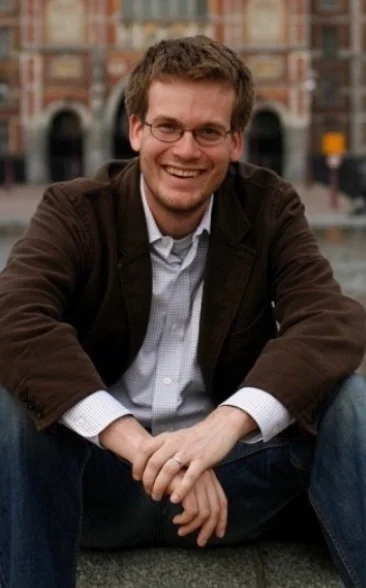
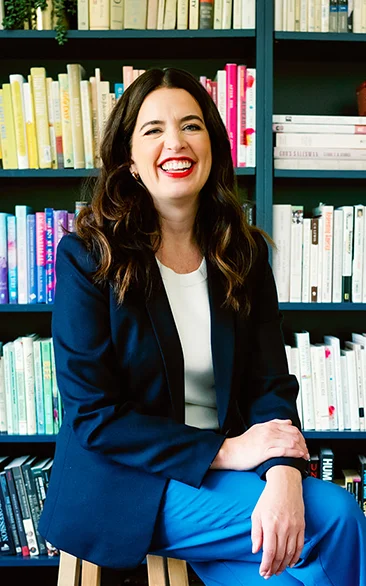
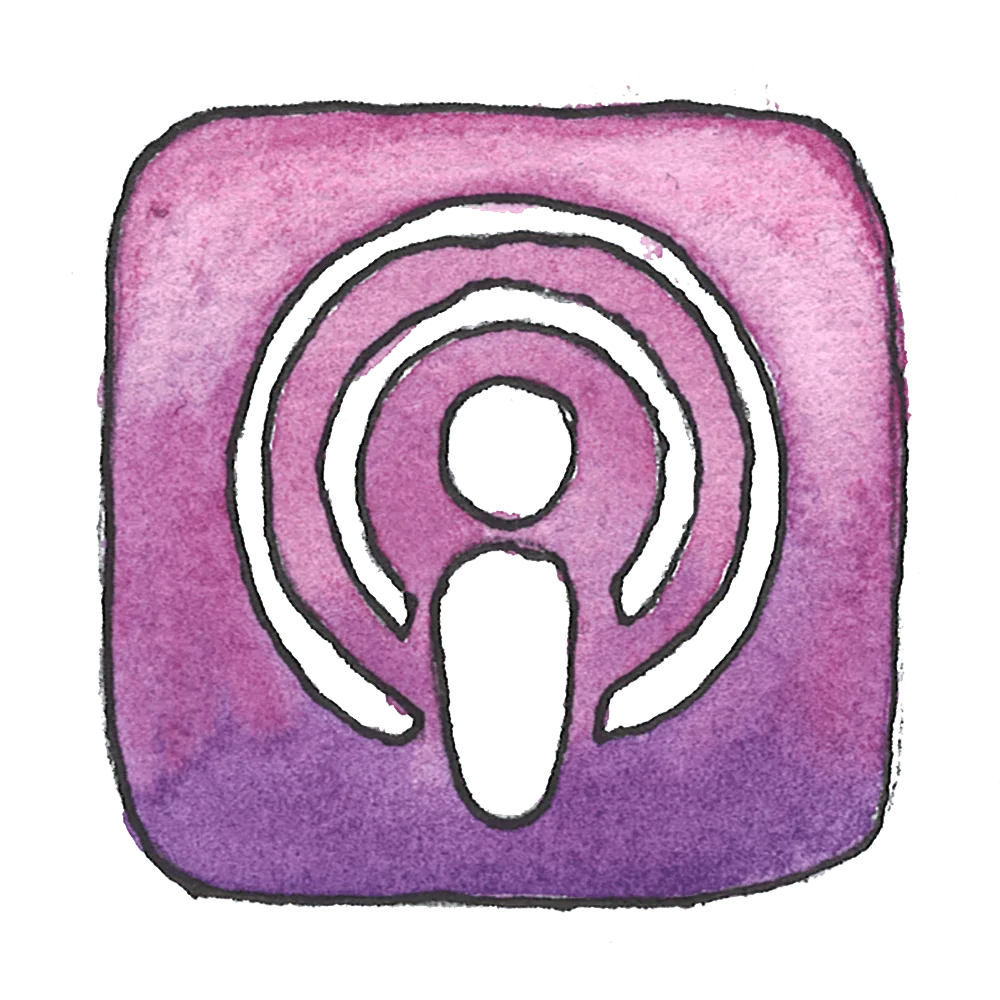
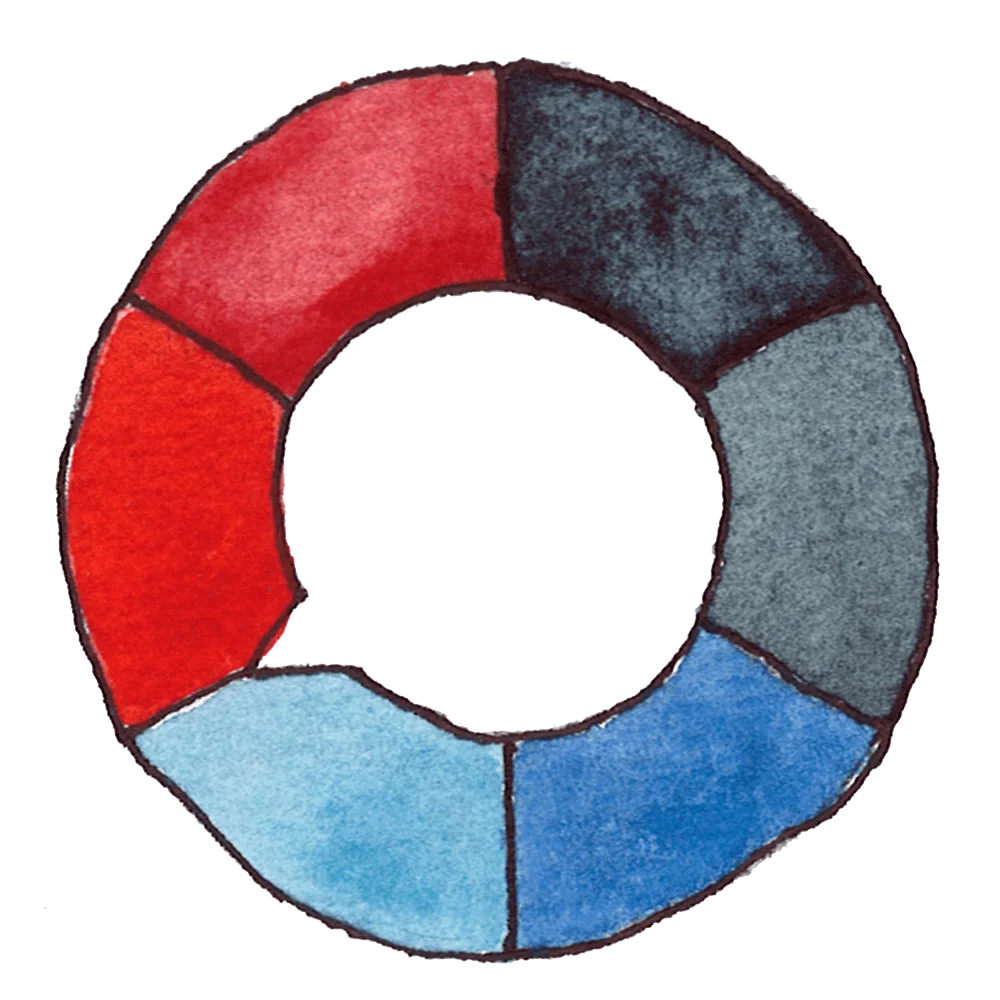
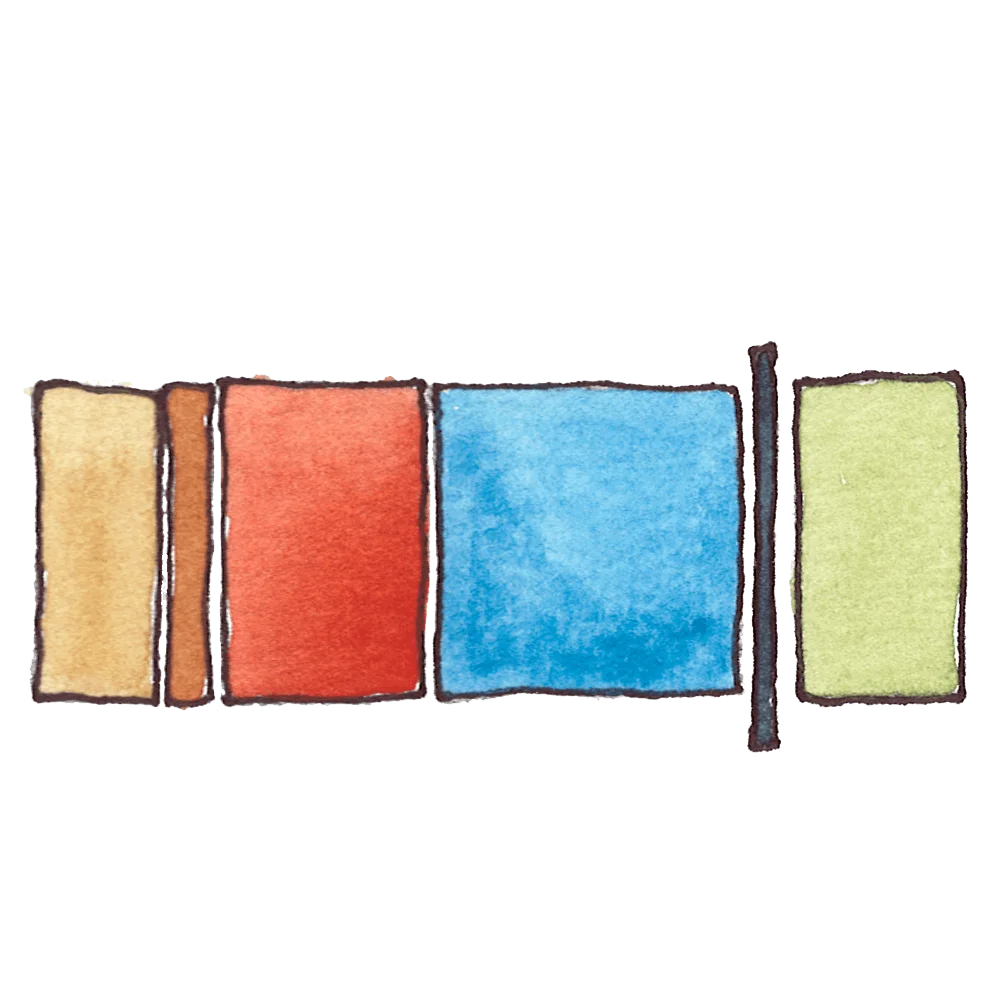





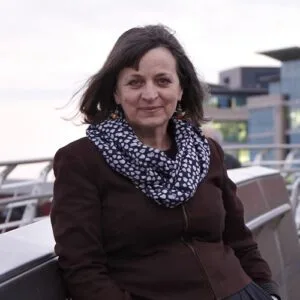
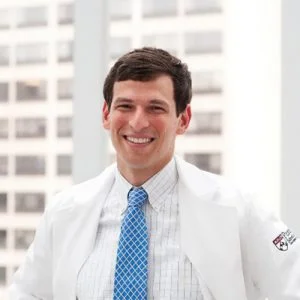


Leave a Reply